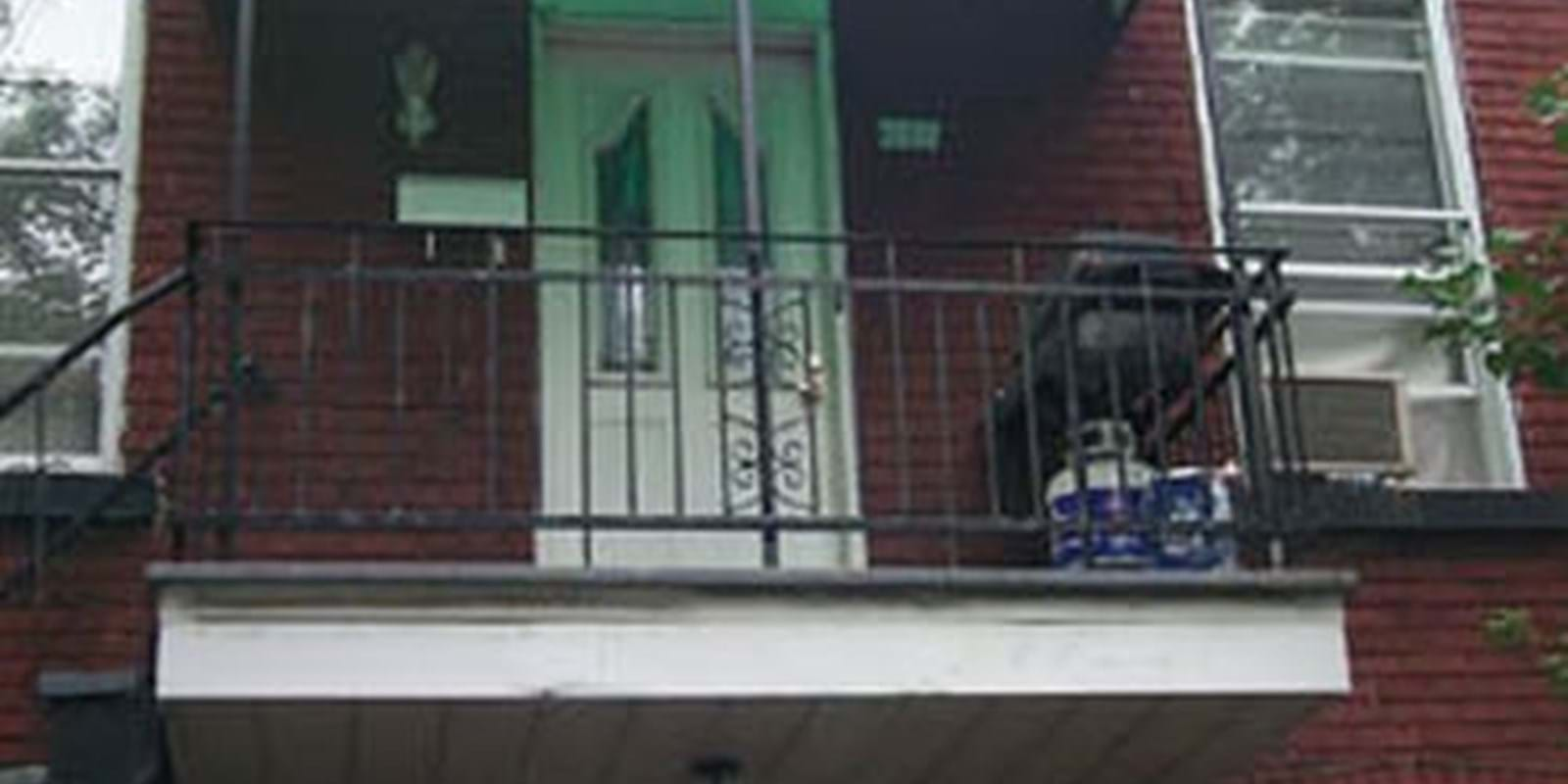Home values continue to rise, according to Royal LePage The Royal LePage House Price Survey released today showed the average price of a home in Canada increased between 3.5 and 4.3 per cent in the first quarter of 2011, compared to the previous year, as markets continued their post-recession recovery. While the rate of year-over-year price appreciation slowed slightly in the first quarter, home values continued the upward climb, which first began late in the second quarter of 2009.
Low interest rates and a recovering economy continued to fuel activity in Canada's housing markets over the past year, which has led to country-wide increases in average home prices. In the first quarter of 2011, the national average price of a detached bungalow rose 4.3 per cent year-over-year to $341,355, while standard two-storey homes rose 3.5 per cent to $379,388 and standard condominiums rose 4 per cent to $237,919.
"The rate at which Canadian homes are appreciating may well have peaked for the next year or so," said Phil Soper, president and chief executive of Royal LePage Real Estate Services. "We expect house prices will continue to creep up, but most of the excess demand created by the initial drop in interest rates has been satisfied, and affordability continues to erode slowly, allowing the listings supply to catch up. In most markets, lower single digit percentage increases are more likely for the balance of the year."
In the first quarter of 2011, certain markets such as Vancouver, Montreal and Halifax continued to experience significant price gains compared to the same period a year earlier, largely due to favourable regional demographic shifts and healthy local economies.
"Canada's real estate market has maintained momentum coming out of 2010, indicating that the post-recession
recovery is continuing," Soper added. "While low interest rates continue to drive demand, the tepid pace at which employment levels are improving is tempering the rate of home price appreciation in many Canadian cities. The exception to this trend can be seen in markets like Vancouver, where foreign buyers, particularly from China, are driving demand in select mid-to-high priced markets, and driving up the regional average reported home prices at a surprising pace. In Montreal and Halifax, demand from first-time buyers and purchasers of luxury homes are creating significant year-over-year gains in home values."
Among the best performing markets in the first quarter of 2011, Vancouver's standard two-storey homes increased 9.7 per cent year-over-year to $1,083,750. Detached bungalows in Montreal rose 7.6 per cent year-over-year to $276,343 and standard condominiums in Halifax rose 13.1% year-over-year to $191,500.
Meanwhile, year-over-year price appreciation softened in St. John's where the market is cooling down after an extended period of double digit price increases. In Saint John, detached bungalows dropped 6.3 per cent year-over-year to $178,000. While the medium-term prospects for the housing market in Alberta's major cities remains very positive, the city of Calgary in particular is still adjusting to the rapid pace at which home prices appreciated in the middle of the past decade. The average price of a standard two-storey Calgary home was down 2.1 per cent year-over-year to $423,122.
REGIONAL MARKET SUMMARIES
Halifax witnessed the largest year-over-year price gains in Atlantic Canada, and some of the highest gains nationally, including the largest increase in standard condominiums rising 13.1 per cent.
Montreal continued to post strong gains as standard condominiums posted a year-over-year increase of 8.7 per cent, while detached bungalows rose 7.6 per cent.
Ottawa's first-time buyers continue to drive the housing market as the region saw year-over-year price appreciation ranging between 5.2 to 5.9 per cent across all housing types surveyed this quarter.
Toronto's detached bungalows and standard condominiums made healthy gains increasing 4.5 per cent and 3.7 per cent respectively. Demand for detached bungalows was driven by first-time buyers concerned with potentially rising interest rates and developers who are rebuilding or renovating the homes into larger units.
Winnipeg's standard two-storey homes posted strong year-over-year gains rising 7.1 per cent to an average price of $297,125, second only to Vancouver in growth and tied with Halifax for this housing type.
While Saskatoon's housing market posted modest changes, the three housing types surveyed in Regina made healthy year-over-year gains ranging from 3.2 per cent to 5.4 per cent.
Edmonton's housing market stabilized with year-over-year price changes ranging from minus 1.8 per cent to increases of 2.3 per cent. Calgary's house prices saw modest year-over-year depreciation across all three housing types surveyed as a result of an increase in inventory. This coupled with low interest rates has presented attractive opportunities for potential buyers.
Driven by low interest rates, single family homes in Vancouver again dominated house price gains as two-storey houses rose year-over-year by 9.7 per cent. Although inventory is down slightly from last year, listings are keeping pace with demand.
Royal LePage's quarterly House Price Survey shows the following annual change of prices for key housing segments in select national markets:
About the Royal LePage House Price Survey
The Royal LePage House Price Survey is the largest, most comprehensive study of its kind in Canada, with information on seven types of housing in over 250 neighbourhoods from coast to coast. This release references an abbreviated version of the survey which highlights house price trends for the three most common types of housing in Canada in 90 communities across the country. Current figures will be updated following the complete tabulation of the data for the first quarter 2011.
Housing values in the Royal LePage House Price Survey are Royal LePage opinions of fair market value in each location, based on local data and market knowledge provided by Royal LePage residential real estate experts.

